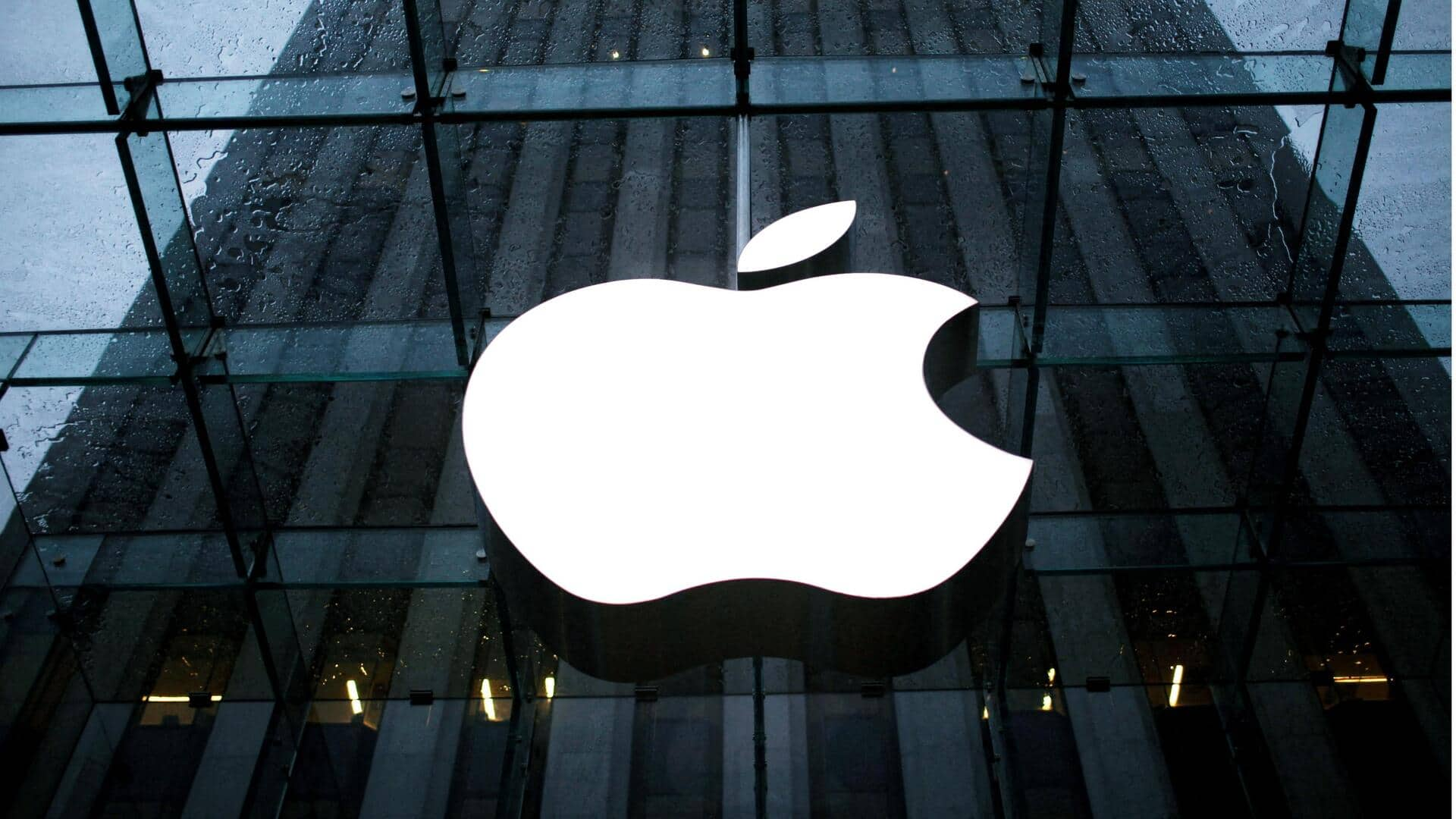
Apple submits update to fix radiation concerns on iPhone 12
What's the story
Apple has submitted an update to the French government to address concerns over radio frequency (RF) emissions from the iPhone 12, fulfilling the promised fix. The move comes after France's radiation watchdog, Agence Nationale des Fréquences (ANFR), found that the phone exceeded legal limits for RF exposure, in a round of re-testing of 141 models. Sales of the iPhone 12 will remain paused in France until the government confirms that the issue has been resolved.
Details
French government has already threatened with iPhone 12 recall
On September 12, France's junior minister for the Digital Economy, Jean-Noel Barrot, warned Apple that all iPhone 12 models in circulation could be recalled if the company failed to provide a fix for the alleged too-high radio frequency emissions within two weeks. The update submitted by Apple is expected to prevent a total recall by turning down the strength of the radio on the cellular modem. It's unclear how long France will take to assess the fix submitted by Apple.
Insights
Understanding RF radiation and SAR limits
Based on the country, radio frequency (RF) radiation is measured in gray, sieverts, or rem per hour. Specific Absorption Rate (SAR) is a more universally adopted metric. Specific Absorption Rate (SAR) measures the rate at which the body absorbs RF energy from your smartphone. France's ANFR found that the iPhone 12 had an absorption rate of 5.74W/kg, exceeding the EU legal limit of 4W/kg over one gram of tissue with no cooling.
Scenario
The update may impact cellular reception quality
The update submitted by Apple to address the iPhone 12's radio frequency emissions is expected to impair cellular reception in low-signal areas. However, the extent of the impact remains unclear. Until the French government confirms that the update resolves the issue, sales of the iPhone 12 will continue to be banned in the country.